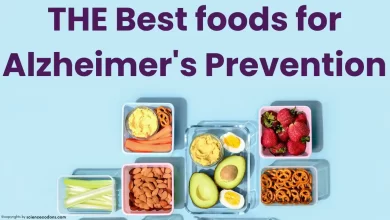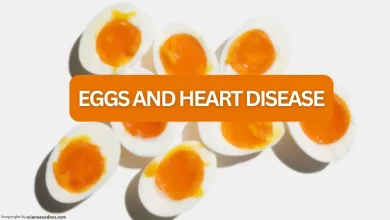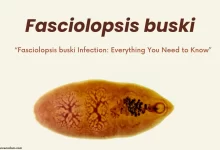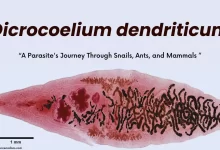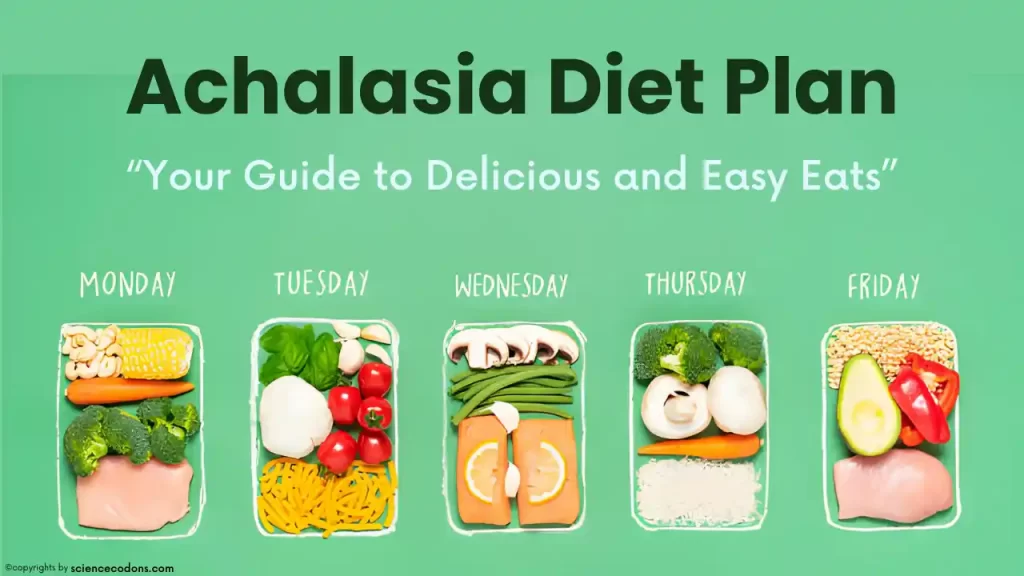
Achalasia is a primary motor disorder described by the malfunction of the lower esophageal sphincter and the absence or disorder of esophageal peristalsis (wave-like contractions). This problem is characterized by difficulty moving food towards the stomach, heartburn, dysphagia, regurgitation, and weight loss. It is caused by damage to the nerves in the esophagus that control the movement of food into the stomach. The cause of the disease is attributed to genetic predisposition and autoimmunity.
Table of Contents
show
Dietary recommendations for patients with achalasia are:
- Follow a low-fat diet tailored by a nutritionist or dietitian based on the patient’s tolerance and preferences and chronic dysphagia or tube feeding (if recommended by a gastroenterologist and nutritionist).
- Eat smaller portions of food more frequently.
- Chew food completely and eat slowly.
- Consume smaller bites of food.
- Consume liquid, pureed, semi-solid, or solid food at room temperature (not too hot or cold).
- Drink plenty of fluids with each meal (unless dysphagia prevents fluid intake).
- Consume fruits in a peeled, pureed, or liquid form.
- Vegetables are best consumed cooked in a liquid or grated form for salads with soft vegetables.
- Avoid dry foods (including bran bread), acidic foods, sour and spicy foods (due to the risk of food remaining in the esophagus and the possibility of damaging the mucosa)
- Do not go to bed immediately after a meal. Allow about three hours after eating before laying down to prevent regurgitation and heartburn.
- Enjoy room temperature or warm liquids, and avoid ice-cold drinks, which can cause muscle spasms.
Here are some sample meals and snacks that you can try:
Breakfast:
- Oatmeal with milk, honey, and sliced bananas
- Scrambled eggs with cheese and soft bread
- Yogurt with granola and berries
Lunch:
- Chicken noodle soup with crackers
- Tuna salad sandwich on soft bread with lettuce and tomato
- Vegetable lasagna with cheese sauce
Dinner:
- Beef stew with mashed potatoes and carrots
- Salmon with rice and steamed broccoli
- Pasta with meatballs and tomato sauce
Snacks:
- Apple sauce with cinnamon
- Cheese and crackers
- Peanut butter and jelly sandwich on soft bread
- Fruit smoothie with yogurt and protein powder.




